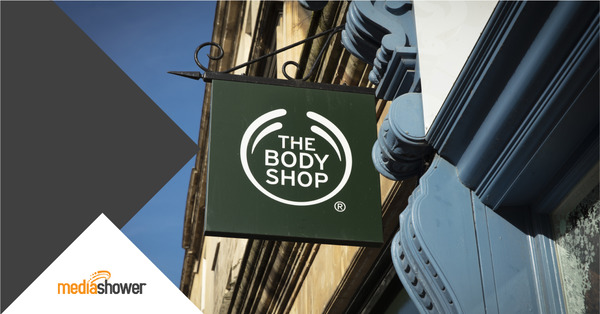
Overview
Anita Roddick created The Body Shop in 1976 to sell natural cosmetics and beauty products without animal testing. The company quickly grew into a major force that influenced many other brands to consider the environmental impact of their products and move away from animal testing.
So What?
Roddick’s story shows that the corporate model of maximum profit doesn’t have to dominate every decision, and that maintaining a purpose and integrity is possible over a long period of time.
When Anita Roddick started the first Body Shop in Brighton, England in 1976, she pioneered a movement among businesses that has continued to this day: being driven by values or a cause, rather than just pure profit. Roddick’s shop came about because of her travels through Europe. And her goal was to support her two children by selling cosmetics and beauty products that provided beauty rituals for women similar to those she had observed while traveling around the world, especially to Africa.
Roddick, a self-described “hippie” of her age, also cared deeply about environmental concerns, particularly sustainability (recycling and reusing) and avoiding animal testing. These values became an integral part of her business and helped to drive sales among those who were like-minded and shared the same concerns.
Articulate Your Purpose
Unlike many business owners at the time, Roddick was not focused first and foremost on profit when she started The Body Shop. In fact, throughout ownership of the company, she continued to focus more on her values than on profits. She worked to reject the corporatist model even after The Body Shop went public. And it bothered her to see large, multinational corporations beginning to dominate so much of the global market.
Roddick and her husband, who was also involved in the business, became so involved in their environmental causes in the 1990s that sales at their stores slipped, and their profits suffered. But they knew they had to do what meant the most to them. As time went on, the products and sales became almost a means to an end, rather than the end itself.
Despite this intense focus on causes and how it seemed to hurt the business for a time, The Body Shop continued to matter in people’s lives. Roddick’s passion for the environment is a driving force for the company, and one that it could probably not live without.
Take Advantage of Happy Accidents
Roddick says that some of her early business decisions were not as values-driven as someone might think. She painted her shop green not because it was an “earth” color, but because it was the only color that covered up the “damp spots,” she said. But the color perfectly symbolized the aesthetic she was going for.
Another thing that became a central selling point was that she gave a discount on refills when customers brought their original bottles back. Roddick said in a recorded interview that while she valued recycling, she decided to give the discount for another reason: she just didn’t have enough bottles to use new ones.
These happy accidents dovetailed with her business goals and objectives as well as her values, and she took advantage of them to add layers to her story that helped her be more successful.
Create Change from Within
Roddick received much criticism for selling her brand to L’Oreal in 2007. Critics were concerned that she was now “sleeping with the enemy.” But Roddick had a different perspective. She thought of the sale as a “trojan horse” that would change the cosmetics giant from within, and that’s precisely what happened.
Now, L’Oreal is adamant about not testing on animals, and there’s no doubt that the addition of The Body Shop has had a lot to do with that change. While Roddick’s decision to sell to a major makeup conglomerate may have gone counter to what many people thought was the best course of action, she probably created more change by doing what she did than most people could have dreamed possible.
Don’t Make Size the Most Important Thing
From what Roddick said after The Body Shop became a huge success, her top priority was never the size of her business. The business grew because people liked the products and resonated with the brand’s values. A quote attributed to Roddick is the following: “If you think you’re too small to have an impact, try going to bed with a mosquito.”
Many business owners think their business has to be a certain size to get their message across or to have an impact on people’s values, but Roddick was adamant about starting where you are and having an impact along the way as you grow. Given the way The Body Shop was able to impact even a cosmetics giant like L’Oreal, and to some extent to influence the entire industry, the philosophy has stood the test of time.
Encourage Others to Look Beneath the Surface
Many people scoffed at Roddick’s attempts to change the world through a beauty company. But her perspective was different. She never focused first on the surface appearance of women, but on how her products contributed to women’s health and well-being at a much deeper level.
Her company was focused from the beginning on meaningful beauty rituals that would deliver an inner peace and well-being rather than just an outer beauty. She felt that beauty was much more than skin deep, but had more to do with who someone was inside.
Like The Body Shop, Media Shower can help your brand find its purpose and build a marketing campaign around meaning and values. Click here to download our Content Marketing Plan template — which we put together for your business on our very first kickoff call.
